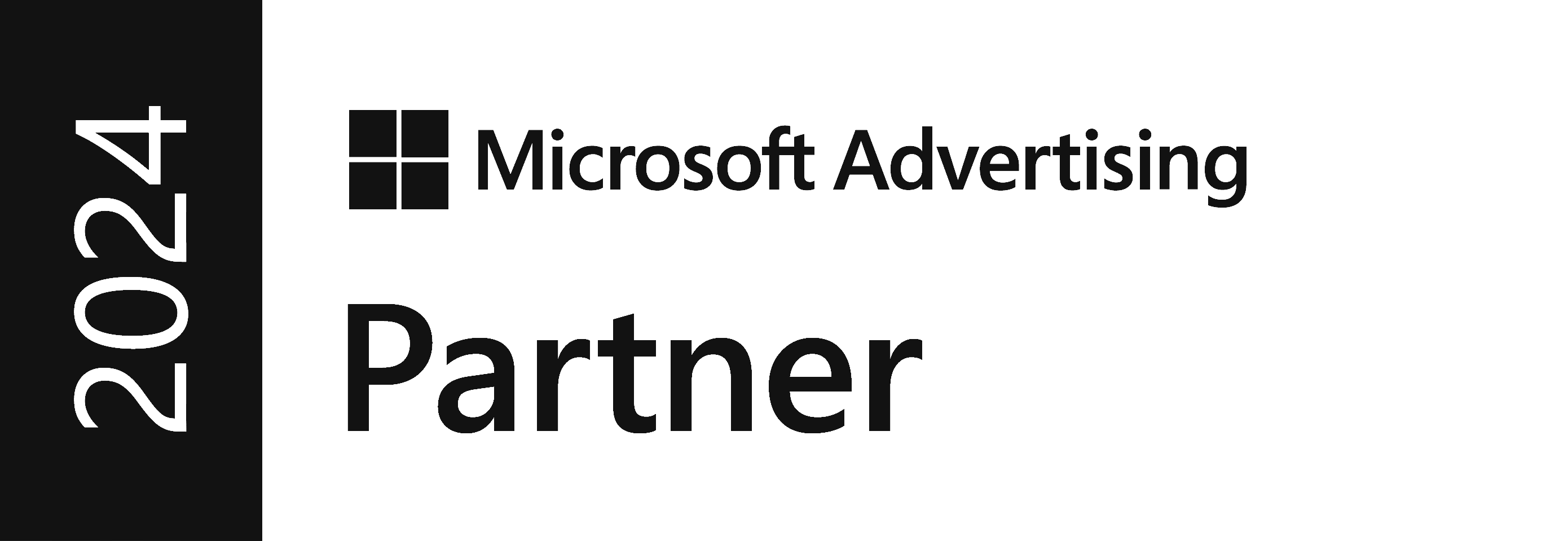A Peek into 2024: Upcoming Trends in Digital Marketing

As we gaze into 2024, it's clear that the digital marketing world continues to be reshaped by ongoing technological innovations and the ever-changing habits of consumers. While not entirely new, the persistent emphasis on data-driven strategies remains a crucial trend. This enduring focus on analytics and insights is not just about keeping up; it's a vital approach for businesses that have yet to fully embrace this method. For those lagging, 2024 presents an ideal opportunity to start leveraging data for crafting highly tailored campaigns, ensuring they resonate deeply with the specific preferences and behaviours of their target audience.
The integration of AI and machine learning into marketing strategies marks another pivotal trend as we move into 2024. These cutting-edge technologies are revolutionizing personalization, predictive analytics, and customer engagement in unprecedented ways. AI's role in content creation and SEO optimization is particularly transformative, providing marketers with sophisticated tools to boost their online visibility and reach. Concurrently, the dynamic landscape of social media marketing demands agility from marketers, as platforms roll out new features and algorithms that reshape content consumption and interaction.
To capitalize on these trends, businesses should actively incorporate AI for more personalized customer experiences and data-driven decision-making. Embracing AI in content and SEO strategies can significantly enhance a brand's digital footprint. In 2024, it’s crucial to implement the correct schema markup for a page or site. Plus, you should craft content that genuinely serves the end user.
Over the past year, Google has underscored the importance of E-E-A-T with several updates, including an additional “E” for experience. This reflects a shift towards valuing personal experience in creating helpful, user-centric content. Alongside this, Google has updated its schema documentation — most notably with the anticipated enhancements to the Organisation schema. In addition, it also introduced new types, such as profiles for individuals, discussion forums, educational offerings, and vacation rental listings.
In 2024, Google’s Search Generative Experience (SGE) will revolutionize how we interact with search engines. As Google plans to roll out SGE globally, users will engage with more complex queries and expect richer, detailed answers directly on the search results pages (SERPs). To adapt, content creators must anticipate these intricate questions and craft content that provides comprehensive answers. At the same time, the rise of zero-click results means that traditional website traffic metrics may decline, urging marketers to devise innovative strategies for user engagement and success measurement.
The advent of SGE also places a premium on content accuracy and relevance. To ensure visibility within this new system, content must be factually correct and align with what SGE prioritizes. Additionally, leveraging structured data becomes crucial, as it allows Google to better understand and accurately display website content in response to nuanced user queries. In this changing landscape, maintaining originality and using AI tools judiciously will be key to standing out. In the realm of social media, staying informed about platform updates and adjusting strategies accordingly will be key to maintaining relevance and engagement. Video content, particularly short-form videos, is emerging as a vital component in capturing audience attention. Companies should therefore pivot towards more visual and interactive content strategies, leveraging these formats to engage customers more effectively and enhance their overall digital marketing efforts.
In the realm of social media, staying informed about platform updates and adjusting strategies accordingly will be key to maintaining relevance and engagement. Video content, particularly short-form videos, is emerging as a vital component in capturing audience attention. Companies should therefore pivot towards more visual and interactive content strategies, leveraging these formats to engage customers more effectively and enhance their overall digital marketing efforts.
In the dynamic realm of digital advertising, AI-driven PPC campaigns are becoming the cornerstone of a successful strategy, with video ads taking centre stage across Google and social platforms. Notably, leveraging Google's AI-driven Performance Max requires careful consideration; if a brand doesn't provide its video, Google's AI will generate one. This automated video may not align with brand identity or values, highlighting the necessity for marketers to create and use their high-quality, brand-safe video content. Furthermore, the shift towards privacy-first advertising is evident as cookies become obsolete, and Google intensifies consent mode requirements, making compliance and user consent paramount for advertisers.
Cross-channel integration is gaining unprecedented importance, especially as platforms like X (formerly known as Twitter) consider including their inventory in Google Display and Performance Max. This potential expansion offers marketers new avenues for reach but also underscores the need for vigilant brand safety measures. With Google allowing opt-outs, brands have a critical opportunity to maintain their image by strategically selecting where and how their ads appear. In this evolving landscape, understanding and navigating the complexities of AI-driven tools, privacy regulations, and cross-channel possibilities will be key to crafting impactful, safe, and compliant advertising campaigns.
- Luke Stone (Head of Paid Media)
As awareness around environmental issues grows, sustainability is becoming a key factor in marketing. Consumers are increasingly looking for eco-friendly practices, not just in what brands say but also in how they advertise. This shift means using greener mediums and platforms for marketing. In this evolving scene, it's still crucial to create real and meaningful connections with consumers.
Here, it's important to talk about the rise of B Corporations, or B-corps. These are businesses recognized for their strong social and environmental efforts. They balance making a profit with doing good for society and the planet. The number of B-corps is growing and is expected to keep increasing. This growth shows a change in how companies operate and market themselves. For marketers, this trend points to a need for campaigns that are not just technologically advanced but also deeply connected with people's values. Aligning marketing strategies with B-corps' principles can speak to today's environmentally and socially conscious consumers, blending technology with a human touch in the world of digital marketing.
In the whirlwind of 2024's digital marketing landscape, an intriguing trend is the emergence of less popular social networks as powerful advertising platforms such as X, Pinterest and Snapchat. While giants like Facebook and YouTube still dominate the scene, the diminishing return on ad spending they offer has marketers seeking fresher pastures. Emerging platforms, often characterized by more engaged and niche communities, are proving to be fertile ground for innovative campaigns. The key lies in these networks' ability to foster authentic interactions and provide unique user data, enabling marketers to craft more targeted and resonant campaigns. By diversifying their social media presence, brands can tap into new demographics and cultivate a loyal following away from the saturated mainstream platforms.
Moreover, the growing discontent with below-par digital experiences, as highlighted by the Accenture Life Trends 2024 report, is pushing brands to reevaluate their customer engagement strategies. In an era of digital fatigue and scepticism towards insincere corporate initiatives, genuine creativity and human-centric approaches are becoming the gold standard. Marketers are now encouraged to break away from the shackles of formulaic content, leveraging AI as a tool for enhancing human creativity rather than replacing it. By prioritizing meaningful interactions and original content, brands can reignite the spark of customer loyalty and stand out in a sea of mediocrity.
1st Floor, Alphin Brook House,
Alphin Brook Road,
Exeter EX2 8RG
MORE THAN
Digital
Marketing.
View our sustainability page.
PPC for B2B
PPC for Law Firms
PPC for Luxury Ecommerce Brands
PPC for Travel and Tourism





